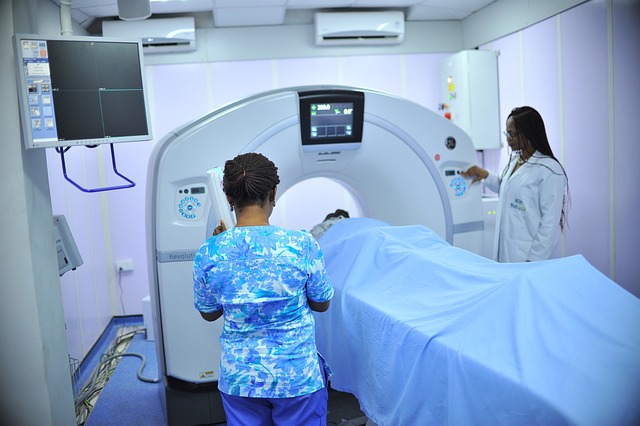
The Processors Office: What You Need to Know
In recent times, many individuals have reported receiving mysterious phone calls or voicemails from something referred to as the "Processors Office." These communications often claim to be related to legal matters, and they can leave recipients feeling confused and anxious. So, what exactly is the Processors Office, and how should you respond if you receive such a call? Let’s break it down.
What Is the Processors Office?
The term "Processors Office" is not officially recognized in legal terminology, which raises a red flag for many. Typically, these calls claim to be from a legal office handling a case related to the recipient. They often mention a case number and may even reference other individuals, such as family members. However, the legitimacy of these calls is frequently questioned, as many reports suggest they are scams designed to elicit personal information or payments.
Common Characteristics of Processors Office Calls
Here are some common traits associated with these calls:
- Urgency: The caller often creates a sense of urgency, suggesting immediate action is required.
- Vague Details: The information provided is often unclear or lacks specific details about the case.
- Pressure Tactics: Callers may pressure you to provide personal information or make payments quickly.
- Caller ID Spoofing: Many report that the calls appear to come from legitimate numbers, but this can be manipulated.
These tactics are typical of scam operations, aiming to confuse and intimidate individuals into compliance.
What to Do If You Receive a Call
If you find yourself on the receiving end of a call from the Processors Office, here are some steps you can take:
- Stay Calm: Don’t panic. Scammers thrive on fear and urgency.
- Do Not Provide Personal Information: Legitimate organizations will not ask for sensitive information over the phone.
- Verify the Caller: If you feel uncertain, hang up and contact the organization directly using official contact information.
- Report the Call: Consider reporting the call to the Better Business Bureau or your local consumer protection agency.
Taking these steps can help protect you from potential scams.
Recognizing Legitimate Legal Communications
It’s important to differentiate between legitimate legal communications and potential scams. Real legal offices will typically send formal documentation through the mail rather than relying solely on phone calls. If you receive a call that seems suspicious, ask for written confirmation of any claims made.
Conclusion
While the Processors Office may sound official, many reports indicate that these calls are often scams. By staying informed and cautious, you can protect yourself from falling victim to these tactics. Always remember to verify any claims and consult with legal professionals if you have concerns about your rights or obligations.

















 Exploring Theme Parks: A World of Fun and Adventure
Exploring Theme Parks: A World of Fun and Adventure 
 Health
Health  Fitness
Fitness  Lifestyle
Lifestyle  Tech
Tech  Travel
Travel  Food
Food  Education
Education  Parenting
Parenting  Career & Work
Career & Work  Hobbies
Hobbies  Wellness
Wellness  Beauty
Beauty  Cars
Cars  Art
Art  Science
Science  Culture
Culture  Books
Books  Music
Music  Movies
Movies  Gaming
Gaming  Sports
Sports  Nature
Nature  Home & Garden
Home & Garden  Business & Finance
Business & Finance  Relationships
Relationships  Pets
Pets  Shopping
Shopping  Mindset & Inspiration
Mindset & Inspiration  Environment
Environment  Gadgets
Gadgets  Politics
Politics 